-
The Fly by Katherine Mansfield Short Story Analysis
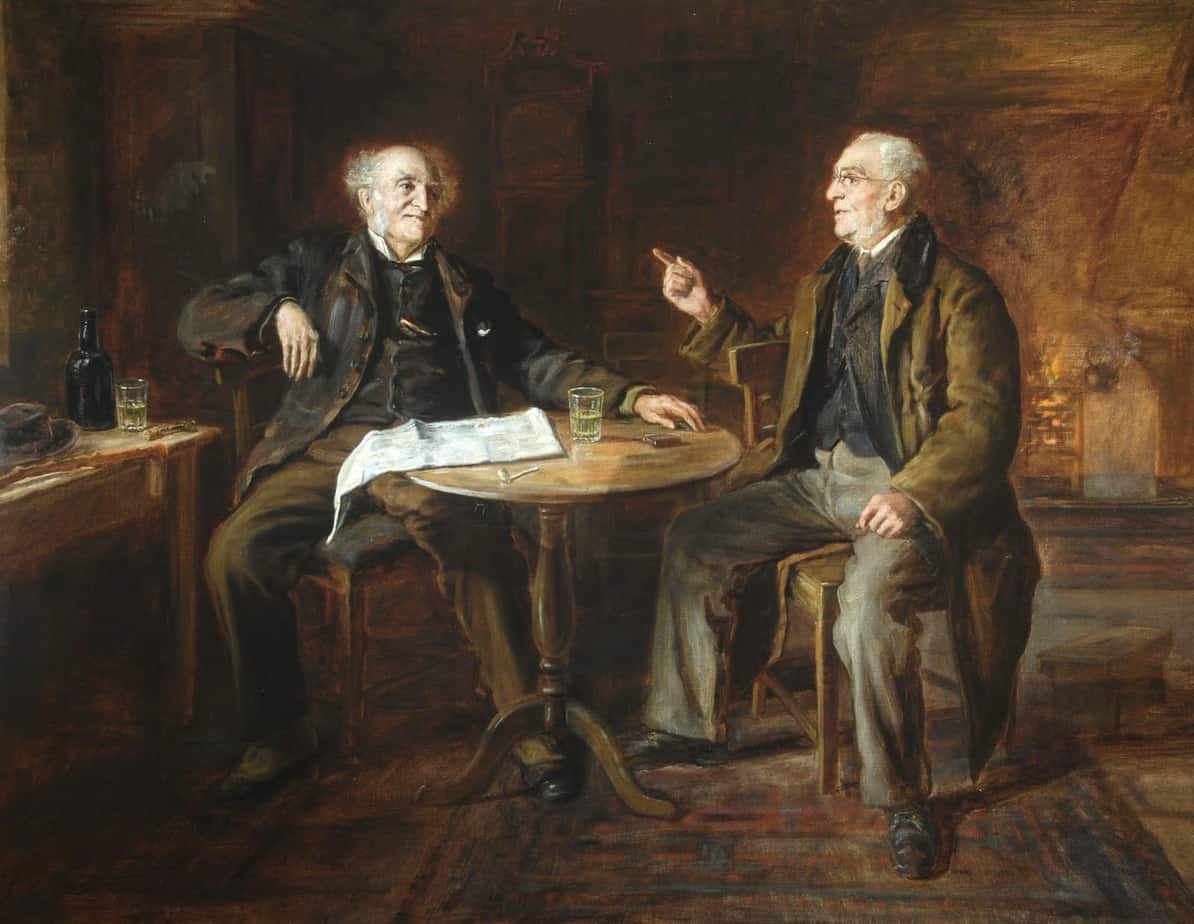
“The Fly” is a short story by Katherine Mansfield, published 1922. CONNECTION TO MANSFIELD’S OWN LIFE Mansfield wrote “The Fly” in February 1922 as she was finding her tuberculosis treatment debilitating. She died in January of 1923, soon after its publication. Thirty-four seems young to be contemplating old age, and to write about an elderly […]
-
Dollhouse Symbolism In Storytelling
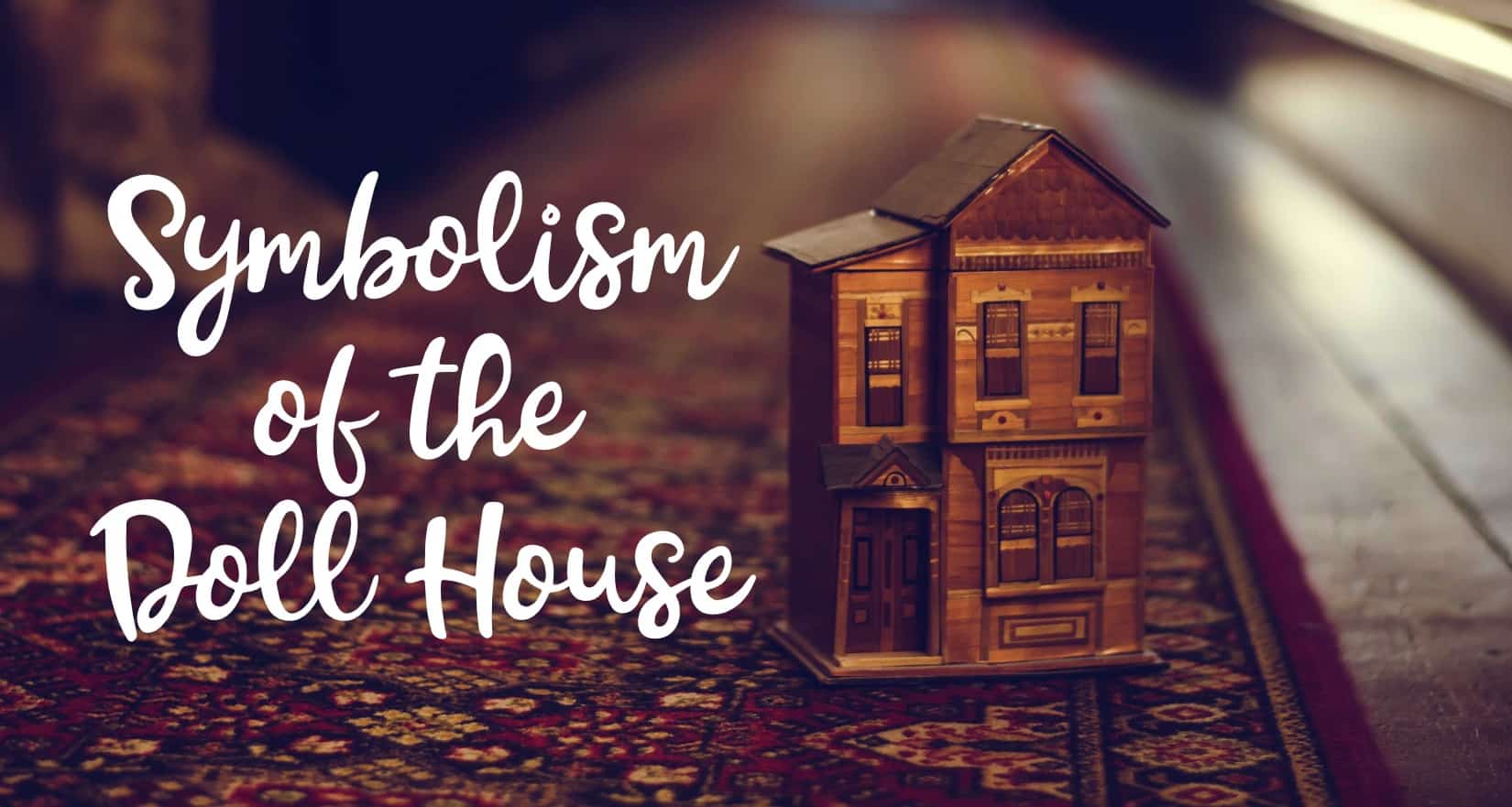
Dollhouses in stories fall into a number of main categories: Through the window, the benches are snowcapped, stippled with pigeon prints. Winter came early to New York. The apartments across the way glow shades of yellow. Figures move from room to room. They look like doll-people. I want to collect their love seats and kitchen […]
-
The Garden Party by Katherine Mansfield Short Story Analysis
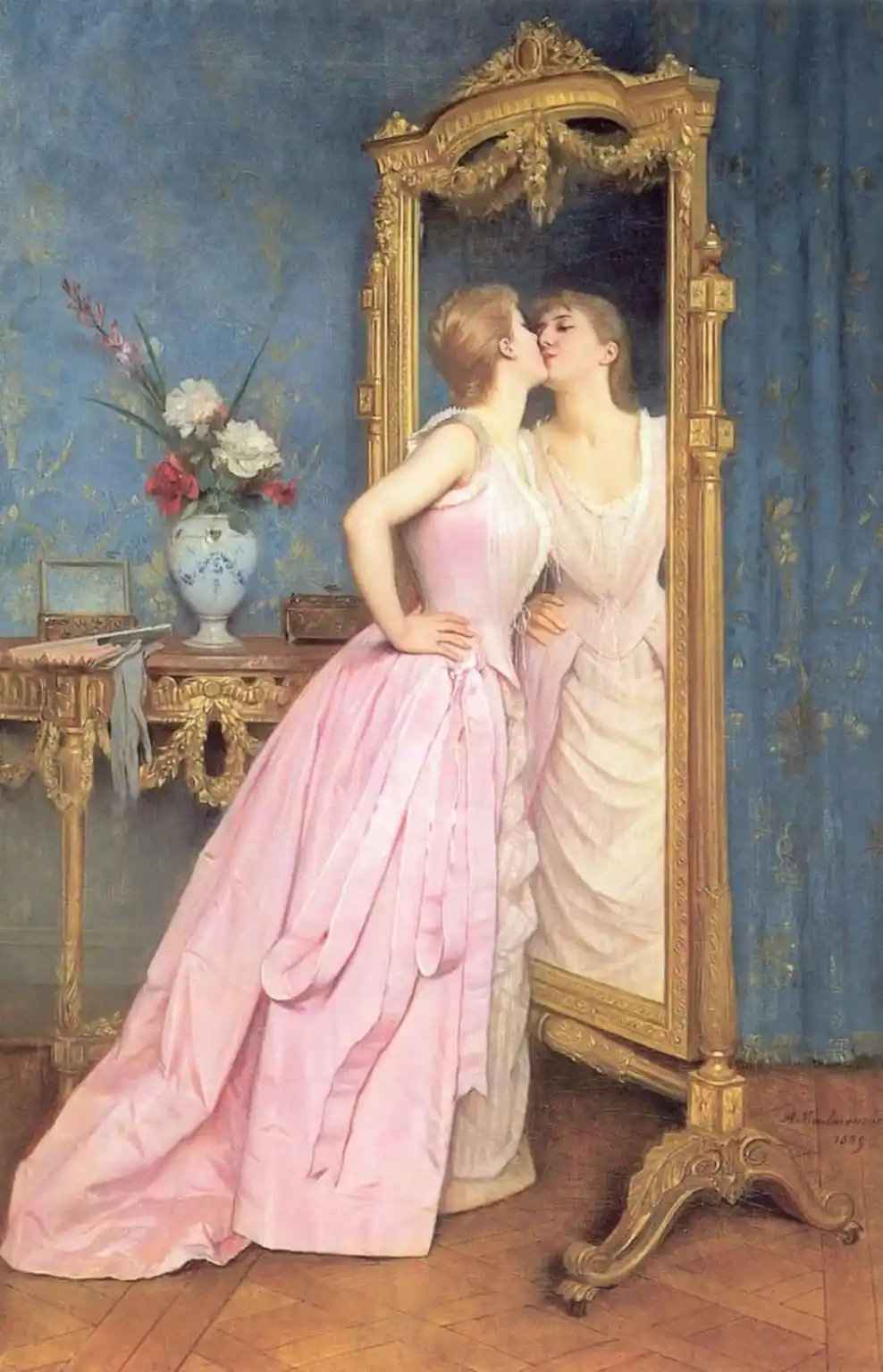
In March 1907 Katherine Mansfield’s mother, Annie Beauchamp, held a garden party at their residence, 75 Tinakori Road. On the same day, a poverty-stricken neighbour was killed in a street accident. Later, KM wrote a story about it.
-
The Bloody Chamber by Angela Carter Short Story Analysis
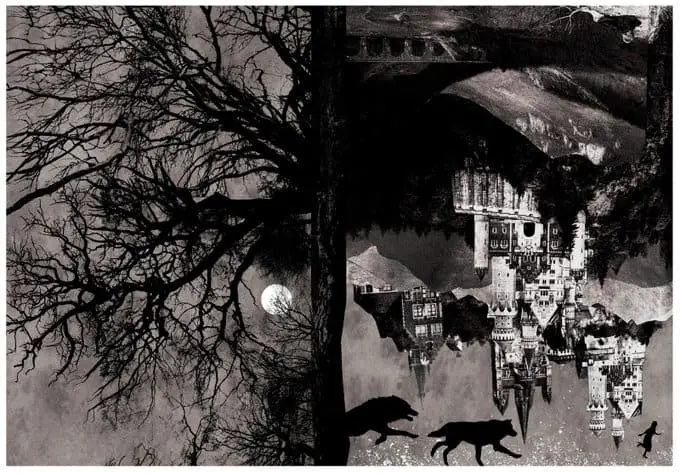
“The Bloody Chamber” is a feminist-leftie re-visioning of Bluebeard, written in the gothic tradition, set in a French castle with clear-cut goodies and baddies. The title story of The Bloody Chamber, first published in 1979, was directly inspired by Charles Perrault’s fairy tales of 1697: his “Barbebleue” (Bluebeard) shapes Angela Carter’s retelling, as she lingers […]
-
Short Story Endings and Extrapolation
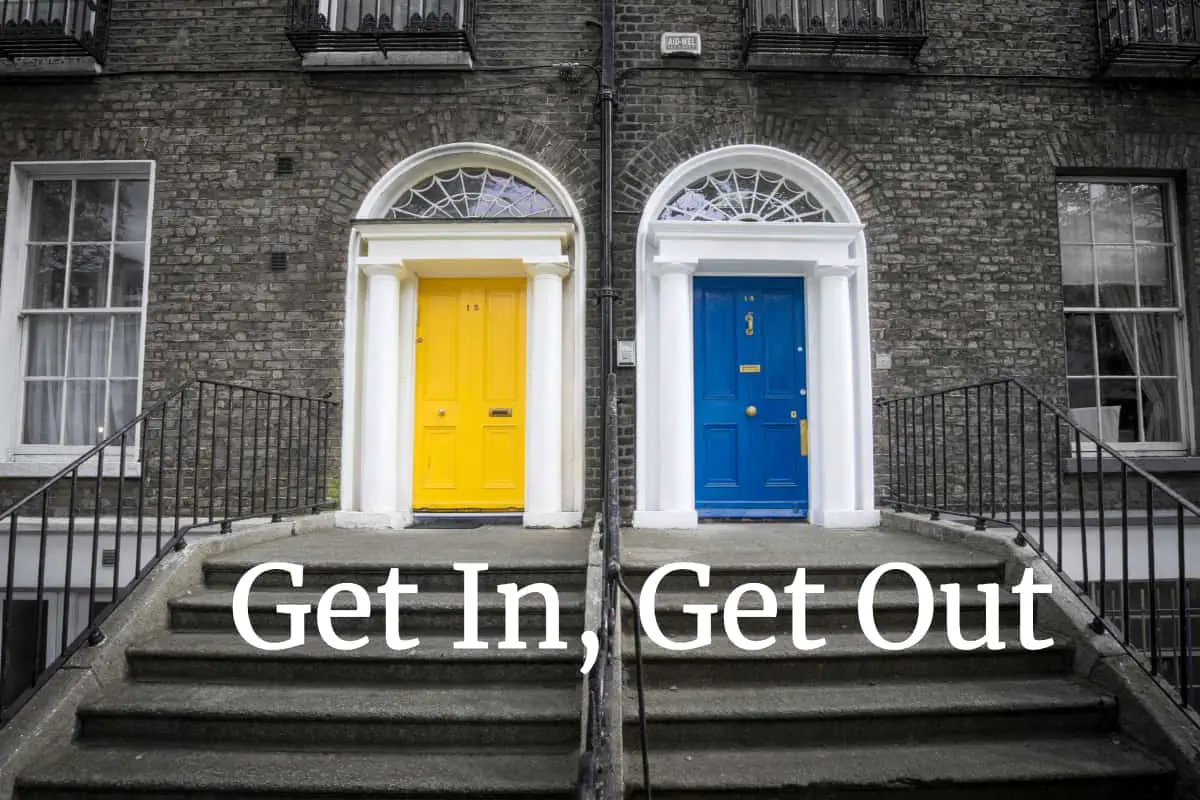
A key term in classical Chinese poetry is ju jue yi bujue (句絕意不絕) which means “lines that end but meaning that does not end.” This is a useful distinction, and a similar concept applies to many short stories. Staying in Asia, Japan also has a concept which applies to many types of short story endings: […]